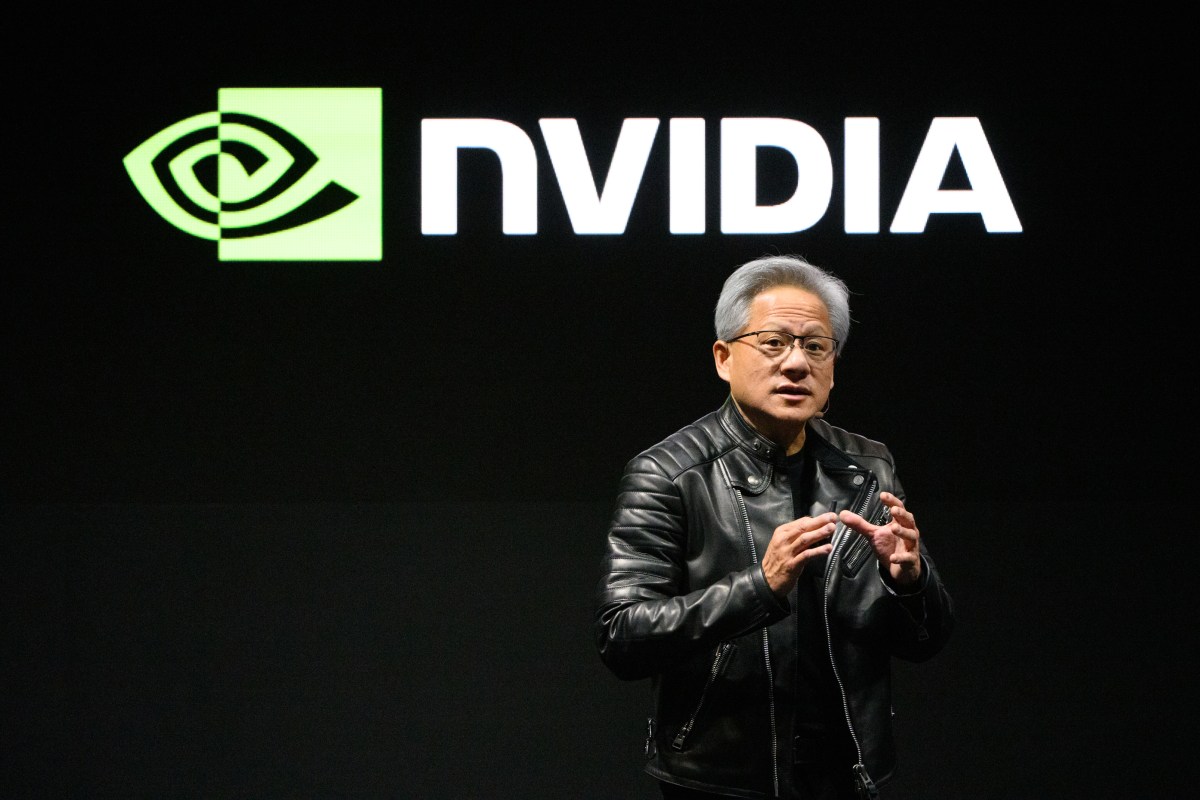
Meta Description: Nvidia pauses H20 AI chip production as Beijing urges domestic alternatives, highlighting how geopolitics reshape global AI hardware supply chains and markets.
Just weeks after US regulators approved limited AI chip sales to China, Nvidia reportedly asked suppliers to halt production of its H20 processors, a China specific, lower power variant designed to comply with export controls. Multiple industry reports say the pause followed Beijing urging Chinese companies to favor domestic alternatives. This development underscores how US China tech tensions and export controls can quickly reshape demand in the AI hardware market.
The H20 was Nvidia's attempt to balance export rules and China market demand by offering a product that met regulatory requirements while remaining useful for commercial AI workloads. After tighter export controls on advanced AI chips, Nvidia developed modified versions like the H20 to navigate restrictions and supply China's growing AI hardware market.
For Chinese firms, the reported Nvidia H20 AI chip halt accelerates adoption of local processors. Domestic alternatives may offer lower peak performance but provide greater supply security and government support. Companies that were planning projects around the H20 may need to pivot, seek alternative vendors, or delay deployments.
Globally, this could mean tighter AI chip supply in some regions and freed capacity in others, changing pricing dynamics. The event also highlights a larger trend toward technological decoupling where separate AI ecosystems emerge, driven by geopolitical tensions and national policy choices.
Nvidia's H20 production pause is more than a commercial decision; it reflects how geopolitics reshape technology markets. The H20's brief lifecycle shows that regulatory approvals do not guarantee market access when national policy and supply chain security concerns drive procurement choices. As China accelerates efforts to build domestic AI chip capacity, the global semiconductor market will likely see more regional divergence and faster adoption of local alternatives.
SEO keywords included: Nvidia H20 AI chip halt, US China tech tensions, semiconductor supply chain disruption, China domestic AI chip alternatives, AI hardware market, export controls, China AI hardware market response.



